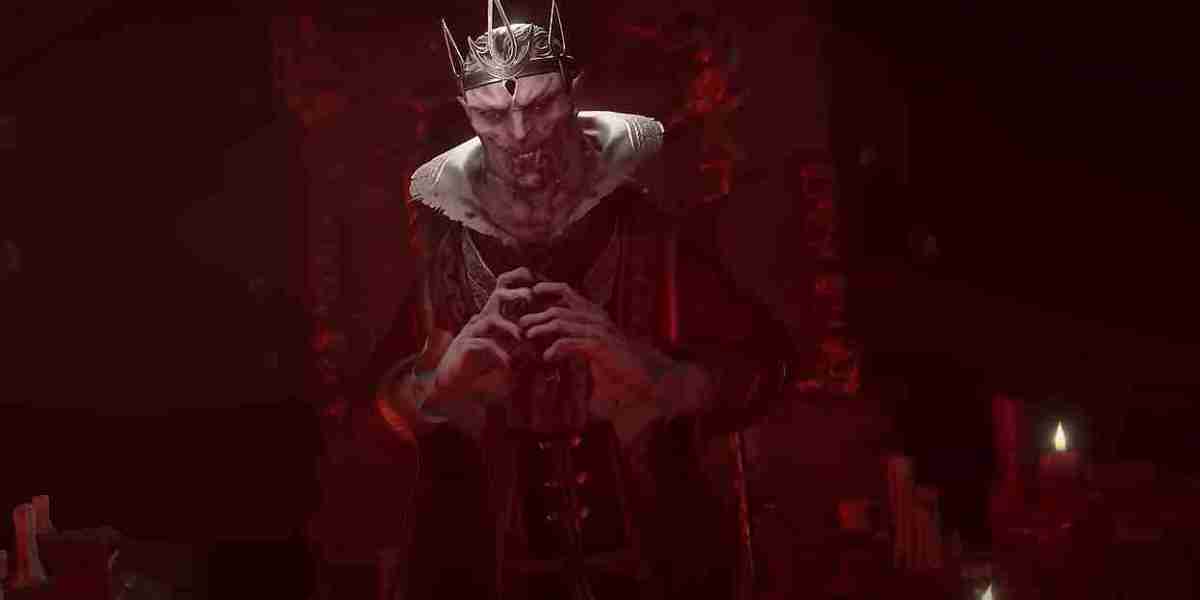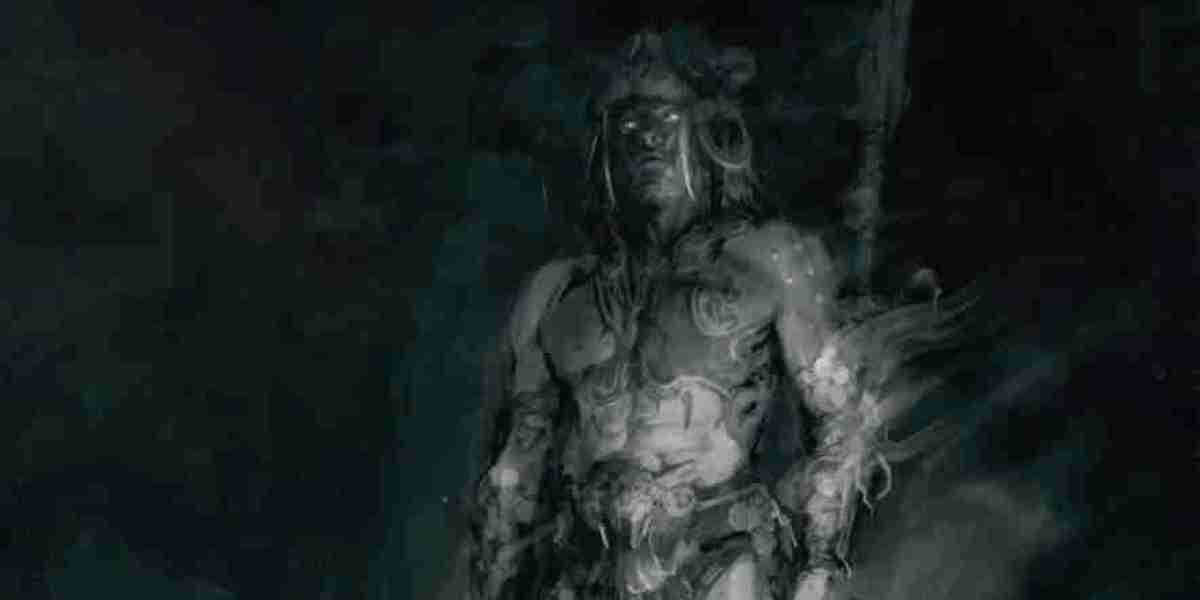Effective Methods for Finding Legendary and Unique Items in Diablo 4 | #diablo 4 Items # Diablo 4 Boosting
Découvrir des postesExplorez un contenu captivant et des perspectives diverses sur notre page Découvrir. Découvrez de nouvelles idées et engagez des conversations significatives
Transformando seu Lar: A Melhor Opção de Transporte para Mudanças em Campinas | #transportadora de mudanças em campinas sp
Transforme sua Mudança em uma Experiência Tranquila com o Carreto Ideal em São Paulo | #carreto zona oeste
O Sabor Surpreendente do Canabidiol: O que Esperar? | #quanto tempo dura o efeito do canabidiol no corpo?
Como Encontrar o Nutricionista Ideal para Transformar sua Saúde e Bem-Estar | #alimentação lactante nutricionista






